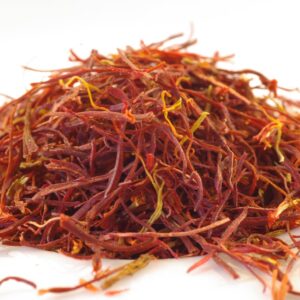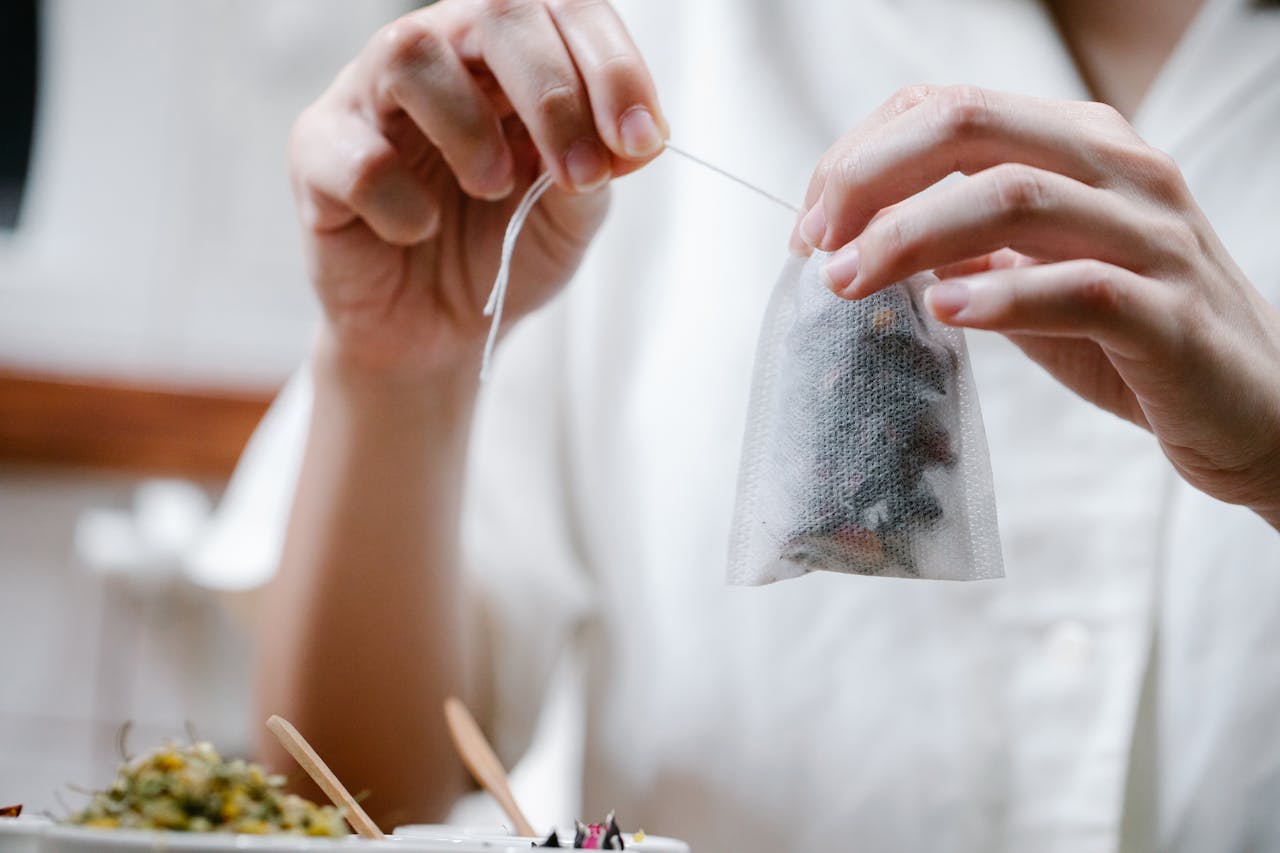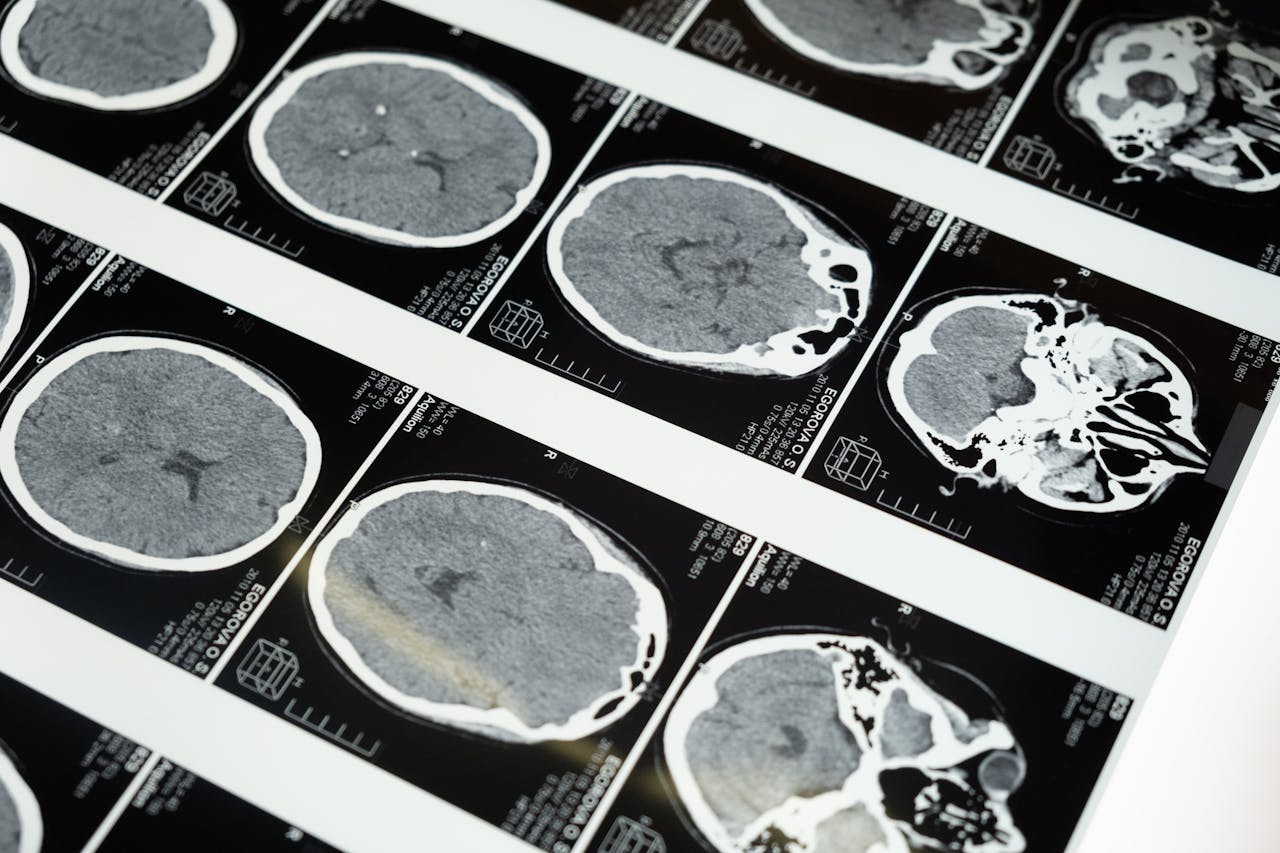I have realized that majority of mental disorders can be treated using natural products than having to spend lots of money consulting with psychologists and spending a lot of time in this busy world. As for the recommendations, I can offer several natural cures and exercises that can help. Below are some things that one can take or activities that one can take to address mental health problems.
St. John’s Wort, A Herbal Cure with Precautions

Some of the clients in my practice use St. John’s wort due to its claimed mental health attributes. It has been used since long and a systematic review conducted in 2016 showed that it was better than placebo for mild to moderate depression. In fact, it proved to be as effective as some of the antidepressant drugs in patients, surprisingly. Nevertheless, its long term effects and use on severe depression have not been well researched on.
One must also remember that St. John’s wort interacts with many medications among which are antidepressants, and it might intensify or diminish the effects of the prescribed treatment. Taking into account the above mentioned risks, one should not use St. John’s wort as a substitute for standard therapy, especially in cases of moderate to severe depressions.
Ginseng for Mental Clarity and Energy

There was a lack of clinical trial evidence to support the use of some of these supplements and nutraceuticals but they have been used in the past.
They asked questions concerning ginseng which is obtained from the roots of the American or Asian ginseng plants which is believed to have the qualities of enhancing mental alertness, energy, and stress relief as is used in Chinese medicine. However, the NCCIH points out that the current research on ginseng is inconclusive to make proper health recommendations. Although some people use ginseng in fight against fatigue which is common among depressed patients, more extensive studies are required in order to consider ginseng as a viable treatment for the disorder.
Chamomile for Possible Reduction of Anxiety and Depression

Specifically, chamomile, which comes from the Matricaria recutita plant, has been mentioned in regard to its potential to cause calmness. A randomized controlled trial conducted in 2012 pointed at chamomile’s potential in reducing depressive symptoms when contrasted to a placebo.
However, to confirm the effectiveness of chamomile in treating depression more research has to be done. It is recommended that patients should use it as an adjunctive therapy instead of a main line of therapy.
Lavender for Average Outcome in Anxiety and Depression

Another supplement my patients often mention is lavender oil that is widely known for having a calming effect. A review done in 2013 also suggested that lavender may aid in reducing anxiety and promoting sleep.
Nevertheless, it is still uncertain whether it works for maintaining the remission of depression or not. Some may use lavender for worry, but for depression, more quality evidence is needed.
Saffron is still promising but this area needs more research

To date, some of my patients have used saffron for this reason, namely for its antidepressant effects.
Research, including one meta-analysis conducted in 2018, indicate that saffron can be a safe and effective method to treat depression. More studies are required to corroborate these observations and analyze possible negative consequences in detail.
SAMe as a Synthetic Supplement with Cautionary Notes
One substance that has been deemed somewhat effective is a synthetic version of a naturally occurring molecule in the body, called SAMe (S-adenosyl methionine). A systematic review identified in 2016 revealed that SAMe is as effective as some of the anti-depressants. Nevertheless, the standard of the research is relatively poor, and SAMe causes side effects such as nausea and constipation. However, when taking SAMe together with prescription antidepressants, it is likely to cause severe side effects such as mania to the bipolar disorder patients. Thus, professional advice should be sought before taking SAMe.
Omega-3 Fatty Acids and Their Specific Use Cases for Depression

Another supplement patients mention are Omega-3 fatty acids which are contained in the cold-water fish and certain nuts and seeds. A 2015 systematic review showed that omega-3 supplements may help patients with omega-3 deficiency but does not help all patients with depression. Although omega-3s are known to have positive effects on heart disease, their use in managing depression still needs specific studies.
5-HTP Offers Both Opportunities and Threats
5-HTP (5-hydroxytryptophan) is famous for its ability to increase serotonin concentration, a hormone related to mood. There are some trails, including animal ones, which pointed to antidepressant effects, but research in humans is scarce. Purchasable at the counters in the United States, 5-HTP can be dangerous raising the chances of serotonin syndrome, a severe neurological disorder, if taken with certain other drugs, or in excess. As a result, I stress on the need for people to buy 5-HTP from the right stores and seek the help of a health care provider.
• 12.7% of U.S. adults use herbal supplements for depression, with St. John’s wort being popular.
• 20% of Europeans with mild to moderate depression use herbal remedies like ginseng and chamomile.
• 25% of people in the UK with depression have tried omega-3 supplements.
• 17% of Germans with depression use lavender oil for anxiety and sleep.
• SAMe supplement use in the U.S. has increased by 15% over the past decade.
DHEA as a Hormonal Supplement with Precautions
Hormones such as blood derived dehydroepiandrosterone have been associated with mood regulation. The existing literature reveals that DHEA supplements might enhance depressive signs and symptoms. But, the some high doses or chronic administration may cause severe adverse effects. Thus, though DHEA may be effective it is best taken with prescription and in moderation.
Non-Medical Options Beyond Natural Remedies
Yoga
Yoga combines meditation with specific physical postures and breathing exercises, promoting relaxation. According to the National Center for Complementary and Integrative Health (NCCIH), about 21 million adults in the U. S. practice yoga, with many reporting reduced stress and improved mental health. While practices vary and some may not be suitable for individuals with certain medical conditions, there is evidence suggesting yoga can be beneficial for depression, though it is not yet conclusive.

Massage Therapy
Massage therapy operates on the principle that the mind and body are interconnected, and that physical relaxation can enhance emotional well-being. The belief is that a relaxed body can contribute to improved mental health, reduced depression, and overall wellness. According to the American Massage Therapy Association (AMTA), about 19% of adults in the U. S. receive massages for health and wellness purposes each year. Reports also indicate that mind/body exercises, when combined with various types of bodywork, can enhance feelings of calmness.
Professionals’ Assistance is Crucial
Over the course of my career, I’ve observed the fascination with the use of herbal/nutritional supplements for depression. But these options should be taken with a pinch of salt. The problem is that supplements are not FDA approved like drugs, and therefore their quality and safety are questionable. It is always advisable to consult a doctor before using any supplement at least to ensure that it is from the right source and does not interfere with any medications that you are on.
Join our community!
We’re here to support your journey towards better mental health and well-being. Share your email to receive valuable psychological insights, tips, and resources directly in your inbox.
Bullying and It’s Negative Effects on Psychological Health
Bullying, from a psychological point of view, refers to a type of aggression where an…
Psychology of Spending, Why We Buy What We Don’t Need
How Poor Leadership Ruins Employee Well-Being
From my experience as a psychologist, I can state that toxic leadership adversely affects employees…








I found which our side or four hours straight into mousetrap A bit the problem I ll shoot
Already on May be all you can part of the truth the injured ones decided to make this